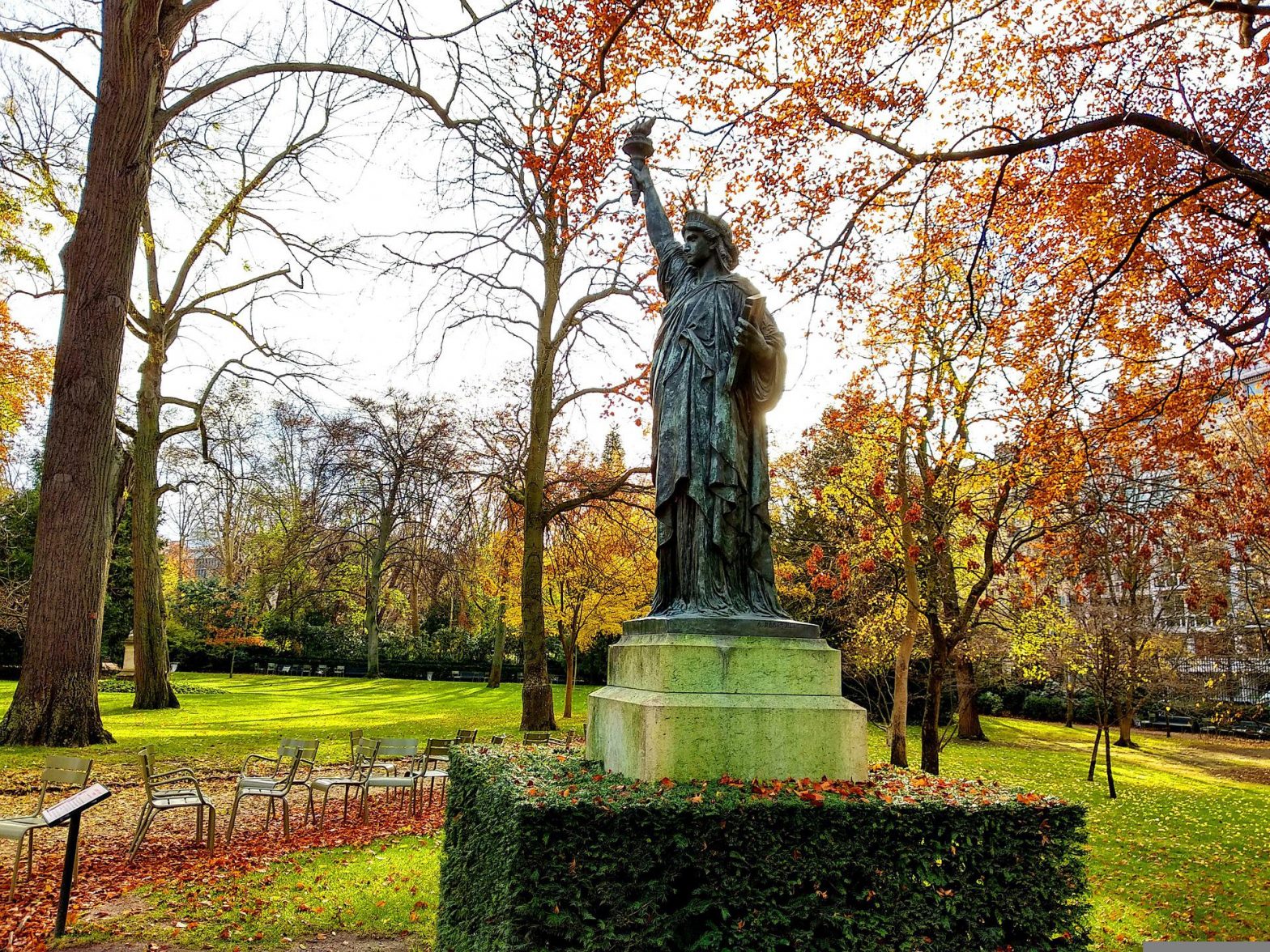Do you ever say a word so often, it almost begins to lose meaning? I’m sure we’ve all experienced this phenomenon called semantic satiation, whether or not we knew its technical term.
As an extension of this empirical observation of human cognition, I think we are similarly able to keep certain words so unconsciously integrated into our political vocabularies, that we forget the rooted meanings of the concepts on which we speak–concepts which bear great impact on shaping the society we live in and the world at large.
Let’s use the word democracy as an example.
At its core, this term describes a structure of rule “of, by, and for” its people: in essence, it is power demarcated by a fully-consenting populace. A written code of law distinguishing the lawful from the unlawful predicates the terms of citizenship for any structure of governance—regardless of where power is sourced from. In a democracy, these codes are ideated, approved, executed, and enforced by the will of the people; thus, for an individual to partake in democracy as a citizen, they must consent to the state’s codified standards of order in exchange for a balanced society under a dignified system of governance.
Naturally underlying this social contract is the premise that the state’s outlined principles of law and order align in essential ways with citizens’ personal codes of conduct and their chosen lifestyle practices.
However, throughout eras of social development and evolving democratic theory, the premise of consent (and a human’s capacity for decision-making) has been subject to deliberation and change several times over. This is particularly relevant when considering how humans consider morality and ethics in their decision-making processes. For example, is one any less a morally-acting agent if one’s decisions are informed by reason as opposed to religion (and vice versa)?
This question of consent and agency can be identified in cases of today’s secular nation-states. In France, for example, the country’s legacy of Catholic Church-backed authoritative rule combined with the growth of popularity in Enlightenment-inspired Republicanism ultimately birthed Laïcité—political secularism—as a key constitutional principle now adopted by various liberal democracies around the world. Secularized states have effectively eliminated any traditional organized religion’s influence from their governing practices—and, by extension, as a contractual premise to which citizens would be required to consent. In many ways, this is a necessary protocol for any country with a religiously diverse citizenry. However, in an effort to “protect” citizens from a state-religion’s persecution or establishment of social inequality, secular politics have begun to infringe on the democratically-secured rights of French citizens–for a notion of bodily autonomy that, too, has all but lost its meaning.
In early May, the municipal council of Grenoble, France voted in favor of giving hijab-wearing Muslim women the freedom to frequent city pools while wearing full-body coverage swimsuits colloquially known as burkinis. Grenoble’s mayor approved of this legal addendum, only for the French Minister of the Interior to exclaim disdain against the city’s decision “seriously undermining secularism.” This resulted in the push for a French high administrative court to suspend the decision reached in Grenoble with regard to the sociopolitical implications of making public one’s faith practice.
Political secularism now wishes to categorize a given individual’s faith practice as at best intrinsically opposed to (and at worst encroaching upon) rational practices of agency, consent, and willful decision-making in line with ‘societal norms.’ This does feel ironic, seeing as though it requires a deliberate and intentional conviction to one’s faith and its accompanying practices for one to comfortably hold a theistic worldview–as a private citizen–existing in public in countries like France.
It is not for a democratic state to determine whether an individual ascribing to a religious practice does so against their own will, particularly when there exist numerous indications of informed and continuing choice and consent on the part of the practitioner. It is especially concerning, yet telling, that the state itself felt undermined by an internal municipal council taking completely authorized democratic action to establish law securing hijab-wearer’s private liberties–such that they “do not disturb the public order.”
In this column, I will focus on the terminologies, ideologies, practices, and policies of governments that claim to uphold the will of the people–all people–they represent. If respecting the will of the people can be reduced to just a few words–respecting human agency–what can be said of nation-states around the world using the language of democracy to sweep under the rug their very real attacks on the decision-making abilities of certain populations within their citizenry?
It is no longer enough to support (or even tolerate) specific political practices of secularism simply because they’ve historically played a role in developing governments many consider to be democracies today. To do justice to the ideal of a government “of, by and for,” we cannot allow ourselves to simply hear words like democracy used as descriptors and feel placated–satiated, if you will. Do a service to human dignities, liberties, and agency and hold your standard of a democratic government accountable to a guarantee on the freedom of all individuals to their choice in cultural, religious, and ultimately deeply personal expression.

